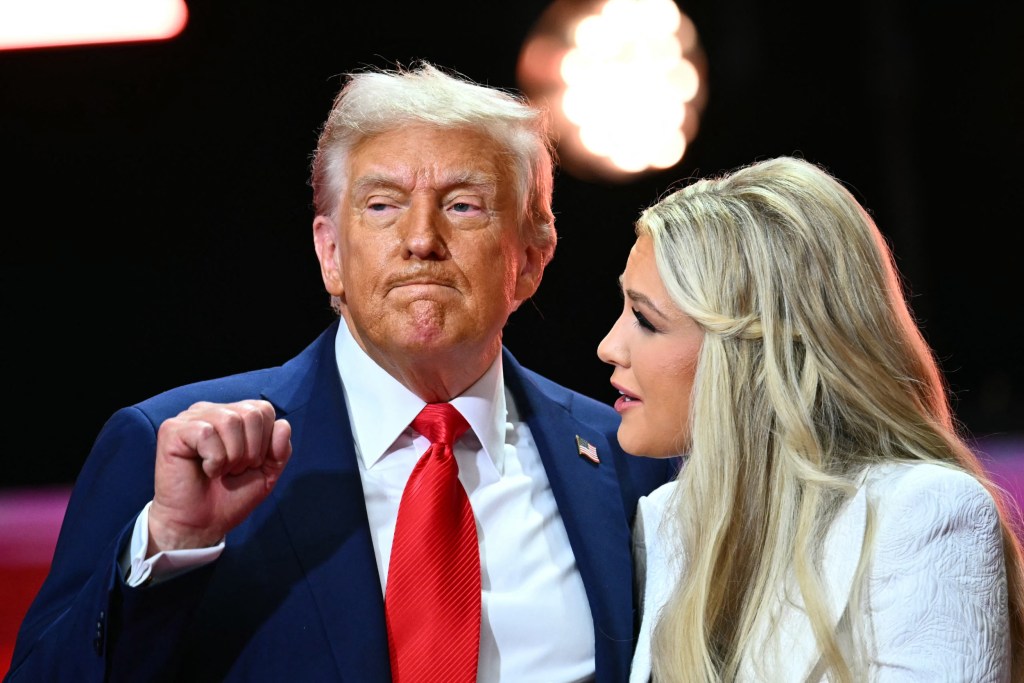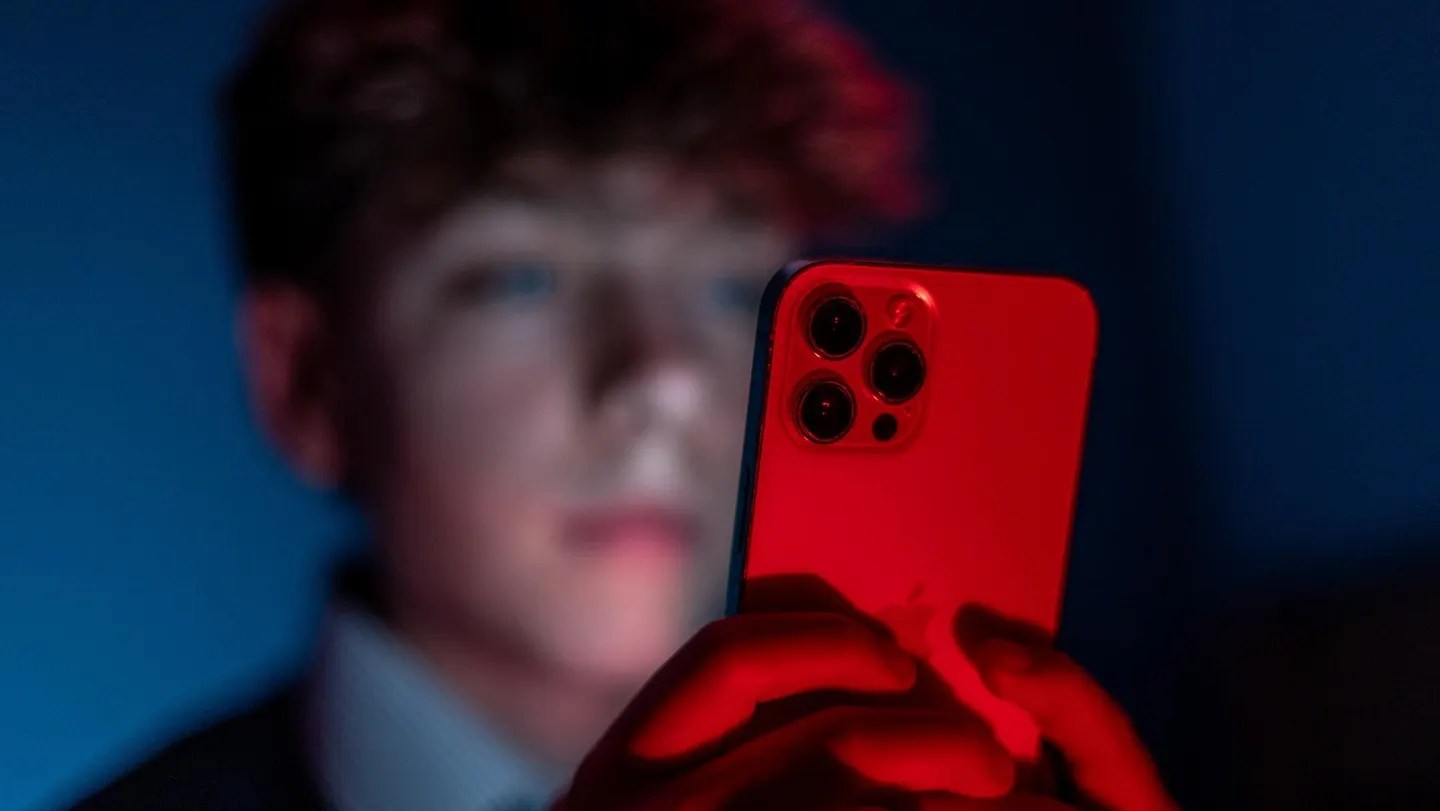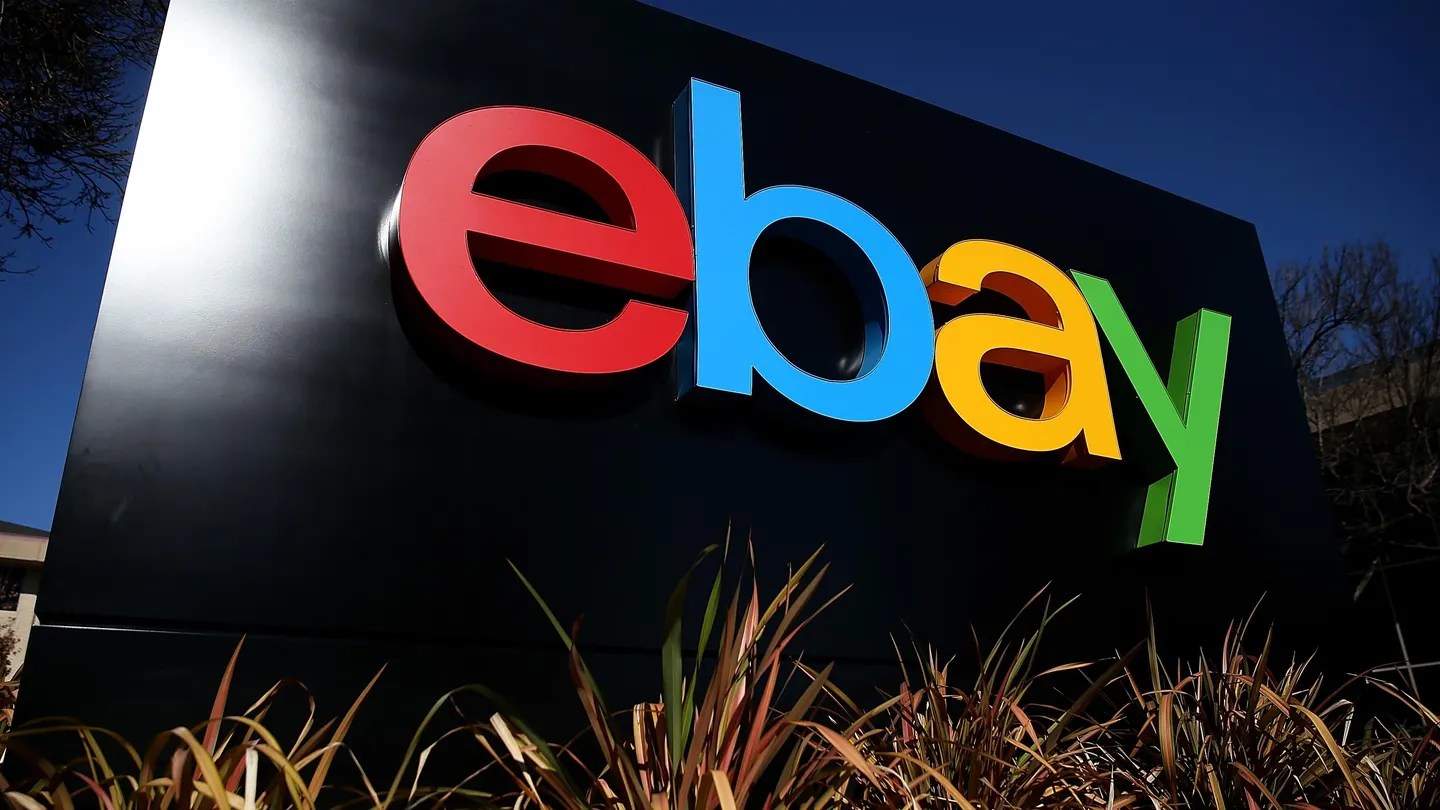Less than 24 hours after President Donald Trump gave a press conference promoting unproven medical theories linking vaccines and acetaminophen to autism, TikTok is awash in clips of his remarks, many of which fail to provide accurate scientific information to their viewers.

On Monday afternoon,Trump made a set of shocking claims contradicted by extensive medical science. Among other things, he misstated the number of vaccines that children receive, said that there were no autistic Amish people (there are), and suggested that both vaccines and acetaminophen (commonly known in the United States as Tylenol) could cause autism when consumed by pregnant women.
Trump offered no new evidence for the claims, which scientists and doctors have studied extensively but debunked (vaccines) and found unproven (Tylenol). On TikTok, though, millions of people consumed clips of Trump’s claims that failed to mention that they were unsupported by credible evidence.
The platform analytics company Zelf shows that TikTok videos about acetaminophen, vaccines, and autism have received more than 100 million views in the past 48 hours. The four most popular of those videos, receiving more than 33 million cumulative views, were clips of Trump’s allegations posted by the Daily Mail, without additional context to inform viewers that medical science does not support his claims.
At least 5 videos posted by Fox Corporation and Fox News also repeated Trump’s claims without caveat, amassing more than 7.5 million views. On Monday, Trump announced that Fox leader Lachlan Murdoch was likely to be among a consortium of American media magnates that could buy TikTok’s U.S. business from its Chinese parent company, ByteDance, in an unprecedented sale forced by the Trump administration.
In the wake of Trump’s press conference, doctors, scientists, and international health agencies issued warnings disputing some of his claims. The American College of Obstetricians and Gynecologists released a statement disputing Trump’s statements about acetaminophen, which is the only painkiller safe for use during pregnancy. “The conditions people use acetaminophen to treat during pregnancy are far more dangerous than any theoretical risks and can create severe morbidity and mortality for the pregnant person and the fetus,” the group said. Researchers also strongly condemned the president’s implication that vaccines cause autism, a claim that has long been debunked by the scientific community.
Amesh Adalja, a senior scholar at the Johns Hopkins Center for Health Security, and professor at the Johns Hopkins Bloomberg School of Public Health, told Forbes he was disappointed that healthcare and communication around it had become so politicized. “The whole RFK agenda is a political agenda,” he said, “This is no longer seen by our government as a policy issue where subject matter expertise is the most important thing.”
Just a few years ago, companies like TikTok, Google, and Meta played a substantially more active role in fighting medical misinformation on their platforms. In response to the COVID-19 pandemic, they launched hubs of authoritative scientific information, and aggressively directed users consuming information about health and medicine to vetted, accurate information. But as the COVID pandemic has subsided, these efforts have waned.
Nonetheless, TikTok’s content policies prohibit “health information that could cause significant harm, such as …discouraging professional care for life-threatening conditions (e.g. vaccine effectiveness), or spreading false information about how such conditions are transmitted.” TikTok did not respond to questions about whether the videos violated its policies by press time.
Adalja deplored the fact that so many people were turning to social media platforms to get information about health. But he was also skeptical about platforms — or governments — policing speech about medicine. “When they don’t do anything, people complain; when they do do something, they might get it wrong,” he said, before invoking the Biden Administration’s efforts to steer discourse on platforms about COVID-19 as a cautionary tale.
“I just don’t think it’s a good idea to have social media platform corporate leadership deciding which voices should be amplified.”
This week’s press conference is not the first time President Trump has seemingly violated platforms’ medical misinformation policies. In 2020, he suggested that injecting bleach might cure COVID-19. (It cannot.) Though suggesting bleach as a cure was one of the enumerated examples of removable medical misinformation in Facebook’s policies, the company declined to take down videos of the president making the claim, choosing to interpret Trump’s claims as within bounds rather than take them down and risk crossing him. . YouTube and Twitter similarly opted not to take down the videos, though both had policies barring harmful health misinformation.
More than its competitors, though, TikTok is currently in a tenuous position when it comes to Trump. For nine months, he has used his discretion to keep the app online by suspending enforcement of a law that says it should be banned in the U.S. This state of affairs has given TikTok every reason to avoid crossing the president, who could reverse his position and let the ban go into effect. Trump is now midstream in an effort to force ByteDance to sell TikTok’s U.S. business to a group of his political allies, but details of the unclosed deal have not been released to the public.
Look back on the week that was with hand-picked articles from Australia and around the world. Sign up to the Forbes Australia newsletter here or become a member here.


